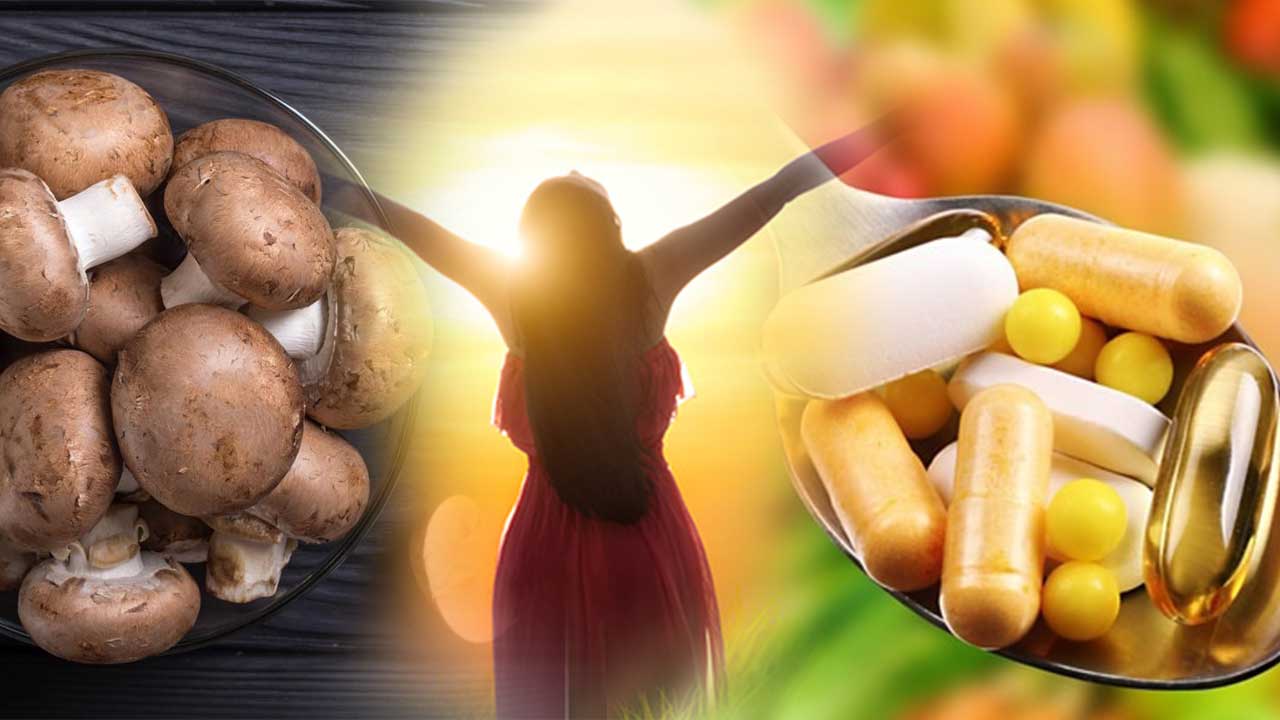Vitamin D or the sunshine vitamin is very crucial for our health. Yet vegetarians do not receive an adequate amount of it. Vitamin D is rare in vegetarian food options and is in contrast abundant in animal-based food options.
Vitamin D deficiency can cause -
One must have a daily allowance of 15 micrograms of Vitamin D. For people above the age of 70, the daily intake should be around 20 micrograms. A deficiency of vitamin D can cause weak bone density, brain damage, glucose intolerance, improper development in kids and multiple sclerosis. This sunshine vitamin helps in the absorption of calcium, phosphate and magnesium. The latter three are essential to gaining good brain development, heart health and strong teeth and bones.
Here are three sources of Vitamin D that vegetarians can enjoy.
Sunshine -
Exposing yourself to sunlight for even two days a week for 5 to 30 minutes is enough for you to gain your daily recharge of vitamin D. Depending on your geographical area and skin tone, the amount of sunlight you need varies. On a cloudy day, it is important to get more exposure. Another piece of advice is to not have sunscreen on your skin as it hinders in the creation of vitamin D.
Mushrooms
Mushrooms that are exposed to UV light can themselves develop vitamin D. This is the only vegetarian food that has vitamin D in it. Many a time, for commercial purposes, mushrooms are grown in artificial setups that don’t have UV exposure. As such they will have no vitamin D in them. For more clarification read the label or check with the farmer.
Supplements
Exposing yourself to sunshine and eating mushrooms every day may be difficult for many. As such the role of taking supplements becomes important. Before taking any supplement, consult with your doctor and get the right supplement for yourself. It is recommended to have such supplements along with fat-rich foods for the best results.

 Vitamin D is very crucial for our health. Yet vegetarians do not receive an adequate amount of it. Here are 3 ways vegetarians can gain vitamin D.
Vitamin D is very crucial for our health. Yet vegetarians do not receive an adequate amount of it. Here are 3 ways vegetarians can gain vitamin D.









.jpeg)

.jpeg)
.jpeg)
.jpeg)

.jpeg)
.jpeg)
.jpeg)
_(1).jpeg)

_(1)_(1)_(1).jpeg)
.jpeg)
.jpeg)
.jpeg)






